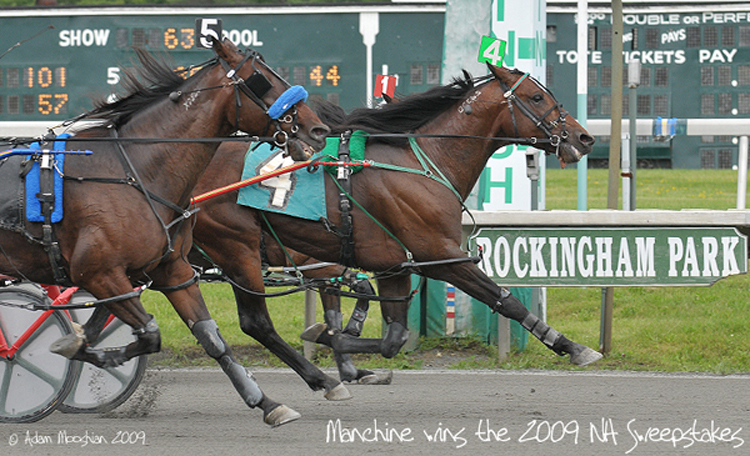For decades, efforts to expand gambling options have been unsuccessful in the small New England state of New Hampshire. Despite the fact that there are some proponents of Senate Bill 551, which would establish a casino at Salem’s Rockingham Park, there is little-to-no chance of the measure making it through the House in this election year.
In light of the approval of three casinos and a video slots parlor in neighboring Massachusetts, gambling legislation has been pushed over the past three years. However, this year that isn’t the case. Over the past three years Governor Maggie Hassan has supported bringing a high-end, highly regulated casino to the state, but the concept wasn’t even mentioned last week during her State of the State speech to lawmakers, according to the Union Leader. That hasn’t deterred Senator Lou D’Allesandro of Manchester, the Legislature’s biggest proponent of expanded gambling, who is sponsoring Senate Bill 551.
Under the Manchester Democrat’s bill, which is co-sponsored by Senate president Chuck Morse and several Democratic senators, up to 100 table games and 3,500 video lottery machines would be permitted at the Rockingham Park Race Track in Salem. Under D’Allesandro’s bill the casino would be regulated by the state Lottery Commission, which would turn over 18 percent of table game revenue and 35 percent of its gross video game revenue to the state.
Salem would receive 3 percent of the state’s share, with 1 percent each going to gambler treatment programs, abutting communities, and Rockingham County. The remainder would go towards revenue sharing to its legal limit. The gaming regulatory fund would see the rest. As with D’Allesandro’s other bills, the casino’s original operating licenses would cost $80 million, renewable at a cost of $1.5 million. Also established under the bill is an oversight unit in the New Hampshire State Police as well as a regulatory unit with the Lottery Commission.
While interest in people drawn to the state by a casino exists, according to the “Journal of the House,” official record of the New Hampshire House of Representatives, since 1973 more than 60 gambling bills have been defeated, with the last being Senate Bill 113 last year. The only successful bills have been HB 545, which established state sweepstakes, Gambling & Gaming Commission in 1973; HB 1282, a gaming feasibility study in 2002, and in 2005 HB 522 a study on the effects of casinos and slot machines on citizens and state, and maximizing revenue. The House instead last month approved Keno for the third straight year and remove limits on poker bets.
The public hearing on Bill 551 is scheduled for Tuesday at 9:45 a.m. before the Senate Ways and Means Committee, interestingly enough on presidential primary day.
Currently, New Hampshire has some of the most restrictive gambling laws of any state and there are no casinos, including tribal casinos, and only limited poker options. Lottery betting is legal and betting on Simulcast races from racetracks that also offer charity gambling is permitted.



